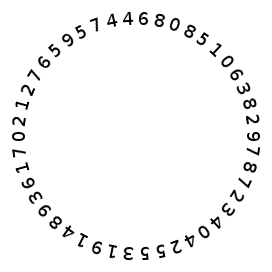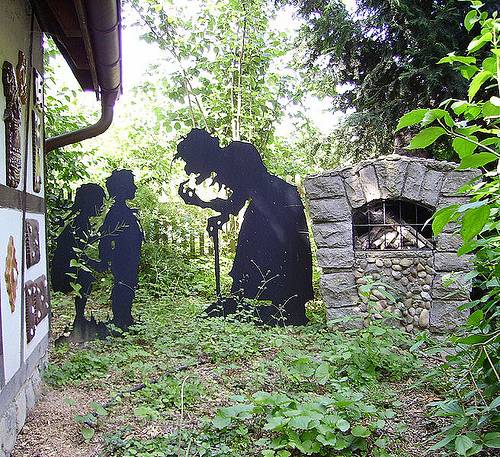
In September 1955, James Dean met Alec Guinness outside an Italian restaurant in Hollywood. He introduced himself and showed Guinness his brand-new Porsche 550 Spyder. “The sports car looked sinister to me,” Guinness wrote in his autobiography:
Exhausted, hungry, feeling a little ill-tempered in spite of Dean’s kindness, I heard myself saying in a voice I could hardly recognize as my own, ‘Please, never get in it.’ I looked at my watch. ‘It is now ten o’clock, Friday the 23rd of September, 1955. If you get in that car you will be found dead in it by this time next week.’
Dean laughed. One week later he collided head-on with a Ford coupe outside Cholame, Calif. He was pronounced dead 6 days and 20 hours after Guinness’ prediction.





